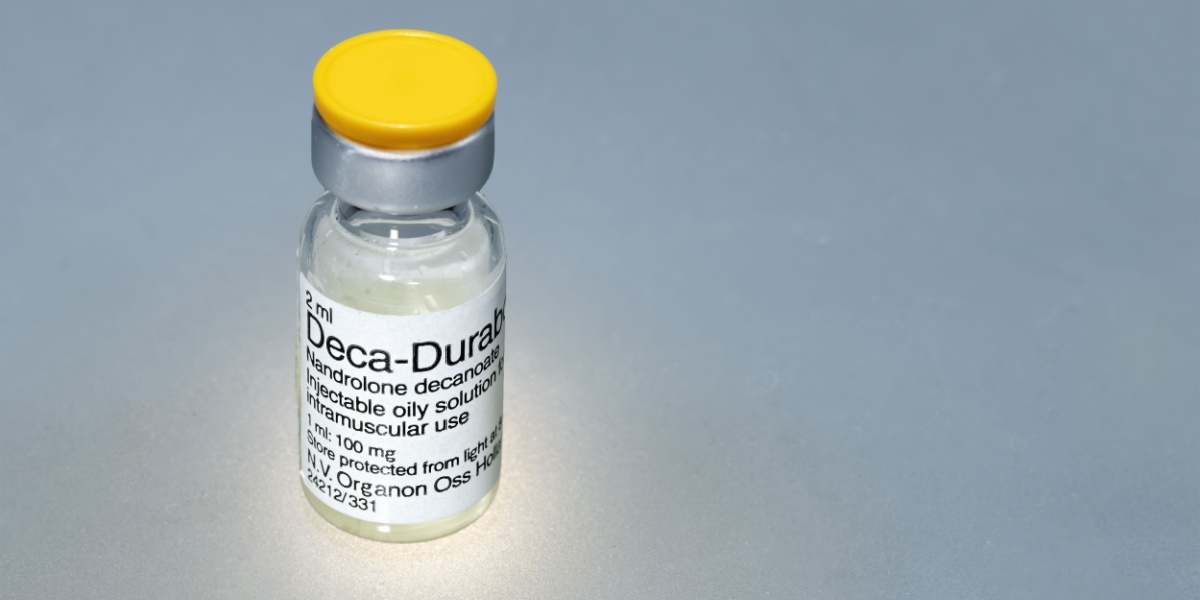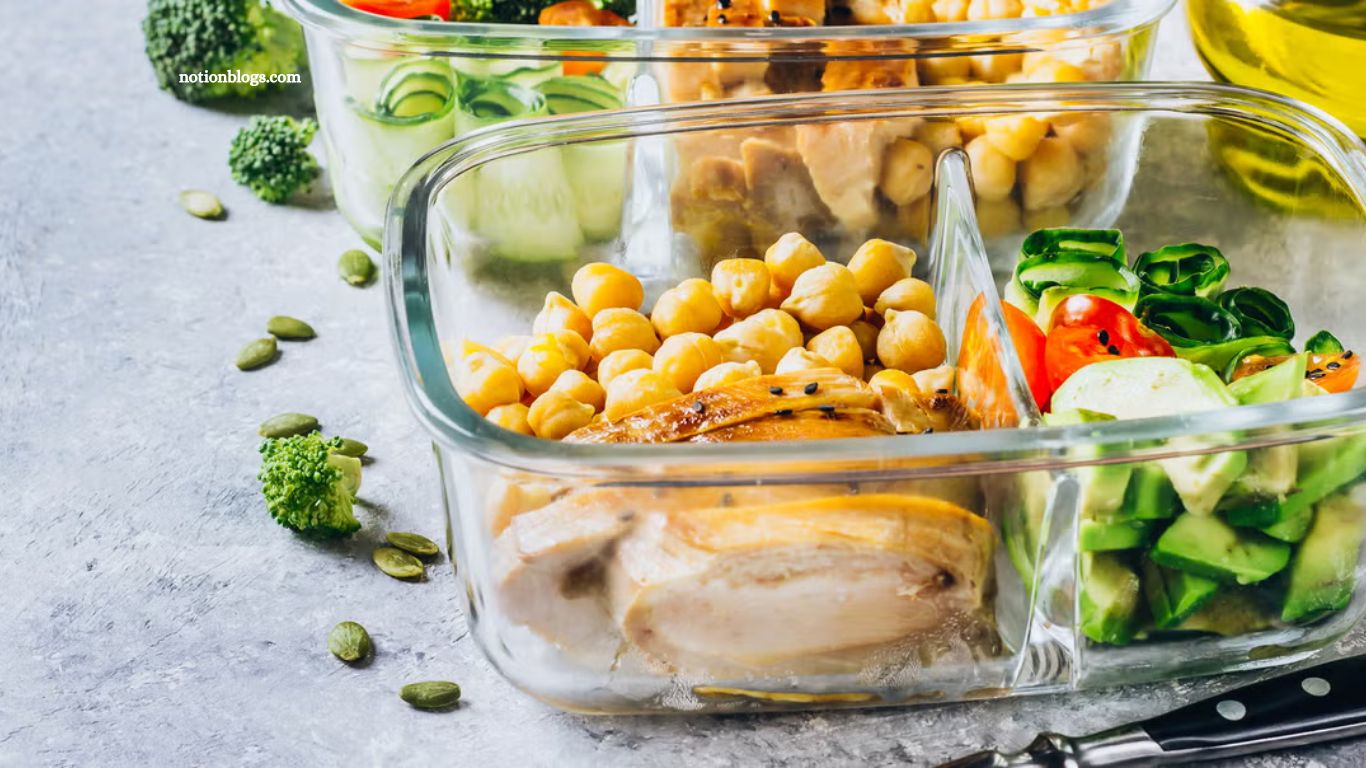Running is a popular and accessible form of exercise with immense cardiovascular and mental health benefits. Yet, it’s also associated with a high risk of injury—especially for regular or competitive runners. From shin splints to stress fractures, the spectrum of common running injuries can derail your progress, affect motivation, and even lead to chronic problems.
While traditional injury prevention strategies focus on proper footwear, warm-ups, and strength training, new research now points to a surprising factor—your diet. A recent study suggests that nutrient intake, particularly fiber, fats, and overall calories, plays a critical role in injury prevention. By nourishing the body with the right balance of macronutrients and micronutrients, runners may be able to significantly reduce their injury risk and improve performance. Here’s what you need to know.
Fiber’s Unexpected Role in Muscle Recovery and Inflammation Control
Fiber isn’t just for digestion—emerging research highlights its role in reducing systemic inflammation. Lower inflammation levels can improve muscle recovery, reduce soreness, and even support joint health. For runners, this means fewer overuse injuries and faster bounce-back after hard workouts. Soluble fiber in foods like oats and legumes also helps regulate blood sugar, which keeps energy levels stable during endurance runs. A fiber-rich diet may quietly work behind the scenes to keep your running injury-free.
Why Healthy Fats Are Essential for Joint and Soft Tissue Health
Contrary to old myths, fat isn’t the enemy—especially not for runners. Omega-3 fatty acids found in salmon, walnuts, and flaxseeds have powerful anti-inflammatory properties that protect joints and connective tissues. Monounsaturated fats, like those in olive oil and avocados, support cellular repair and reduce wear and tear on muscles. Including these fats in your diet helps maintain joint lubrication and may prevent chronic tendon and ligament issues common among runners.
The Link Between Caloric Intake and Injury Risk in Endurance Athletes
Under-fueling is a major yet often overlooked cause of running injuries. Many athletes, especially those aiming to lose weight, don’t consume enough calories to meet their energy needs. This leads to decreased muscle repair, hormonal imbalances, and reduced bone density—prime conditions for injuries. Research indicates that runners who meet or exceed their daily caloric needs heal faster and perform more consistently. Eating enough isn’t indulgent—it’s protective.
Macronutrient Balance Matters More Than Just Protein Intake
While protein gets a lot of attention for muscle recovery, the synergy of macronutrients—carbohydrates, fats, and proteins—matters more. Carbs fuel your runs and restore glycogen, fats support joint and nerve health, and proteins repair muscle fibers. Relying too heavily on one while ignoring the others can lead to nutritional deficiencies that set the stage for injury. A balanced diet ensures that all systems—from muscles to bones—stay supported.
How Micronutrients Like Vitamin D, Magnesium, and Iron Support Runners
Micronutrients may be small, but their impact on injury prevention is massive. Vitamin D aids calcium absorption and reduces stress fracture risks. Magnesium supports muscle function and recovery. Iron, particularly in female runners, prevents fatigue and improves oxygen delivery to tissues. Without adequate intake of these micronutrients, even well-fueled runners can feel sluggish and are more prone to cramps, strains, and stress fractures.
Read More : Think Nuts and Seeds Cause Diverticulitis?
Gut Health’s Connection to Muscular and Immune Function in Runners
An often overlooked aspect of running health is the gut microbiome. A healthy gut boosts nutrient absorption, immune response, and inflammation control—all key to staying injury-free. Fiber, probiotics, and fermented foods enhance gut flora, leading to stronger immunity and less muscle breakdown. By supporting gut health, runners build a stronger internal defense against the common injuries tied to inflammation and poor nutrient uptake.
The Importance of Timing Meals Around Training Sessions
What and when you eat around workouts can either support or sabotage your running goals. Eating carbs and protein within 30–60 minutes post-run replenishes glycogen and initiates muscle repair. Failing to refuel in time increases soreness and prolongs recovery, heightening injury risk. Similarly, pre-run meals should be rich in easily digestible carbs and moderate protein. Strategic meal timing enhances performance and resilience.
Hydration and Electrolytes Are Critical to Injury Prevention
Even mild dehydration can lead to muscle cramps, fatigue, and poor coordination—making runners more vulnerable to missteps and injuries. Electrolytes like sodium, potassium, and magnesium prevent cramps and help maintain fluid balance during long runs. Runners who hydrate adequately recover faster, experience fewer muscle tears, and reduce heat-related injuries. It’s not just water—balanced electrolyte intake is key.
Why Restrictive Dieting Increases Risk of Stress Fractures
Low-calorie or restrictive diets can drastically reduce bone density, especially in long-distance runners. This increases the likelihood of stress fractures, one of the most common and frustrating running injuries. Athletes following extreme diets may also lack essential nutrients like calcium and vitamin K2, both vital for bone health. A nourishing, diverse diet guards against bone weakness and repetitive stress injuries.
Using Nutrition to Shorten Recovery Time After Runs
Nutrition is one of the most powerful tools for post-run recovery. A mix of protein and carbs within the post-run window can speed up muscle healing and reduce downtime. Antioxidants from fruits and vegetables help clear free radicals generated during exercise. With the right dietary strategies, runners can shorten recovery time, return to training sooner, and avoid overuse injuries caused by insufficient rest.
Training Smarter With Nutritional Periodization
Nutritional periodization means adjusting your diet based on training intensity and goals. On high-mileage days, your body needs more carbs and total calories. On recovery or rest days, you can scale back. This flexible approach ensures your body always gets what it needs, preventing under-fueling while avoiding unnecessary weight gain. Strategic fueling helps your body recover and adapt, lowering injury risks long-term.
Why Women Runners Need to Pay Extra Attention to Nutrient Intake
Female runners are especially vulnerable to conditions like iron deficiency anemia and the female athlete triad, which includes disordered eating, menstrual dysfunction, and low bone density. Ensuring adequate intake of calories, iron, calcium, and vitamin D is critical. Women who meet their nutritional needs report fewer injuries, more consistent cycles, and better performance metrics. Diet isn’t just fuel—it’s essential protection.
Plant-Based Runners Can Stay Injury-Free With Smart Planning
Plant-based diets can support high performance, but only with careful planning. Vegan runners must ensure they get enough B12, iron, calcium, and complete proteins. Legumes, soy products, whole grains, and fortified foods are key. Supplementation may be necessary in some cases. With the right strategy, plant-based athletes can recover well, build strength, and stay free of injuries, just like their omnivorous peers.
Frequently Asked Questions
How does fiber help runners avoid injuries?
Fiber reduces systemic inflammation and supports gut health, both of which aid in recovery and reduce injury risks.
Should runners eat more fat?
Yes, especially healthy fats like omega-3s and monounsaturated fats that support joint health and muscle repair.
How many calories do runners need daily?
Caloric needs vary but often range from 2,500–3,500 calories per day depending on training intensity and body size.
What vitamins are most important for runners?
Vitamin D, iron, magnesium, calcium, and B12 are critical for bone, muscle, and energy function.
Can not eating enough cause running injuries?
Yes, under-eating can lead to muscle loss, bone stress injuries, and hormonal imbalances that increase injury risk.
Is protein the most important nutrient for runners?
Protein is essential, but a balance of carbs, fats, and protein is most effective for performance and injury prevention.
Can a vegan runner stay injury-free?
Absolutely, with smart planning to include all essential nutrients, plant-based runners can stay healthy and strong.
Does meal timing really matter for injury prevention?
Yes, eating before and after runs helps with energy, recovery, and reducing muscle breakdown, all of which prevent injury.
Conclusion
Avoiding running injuries goes beyond form and footwear—it starts on your plate. By fueling your body with adequate fiber, healthy fats, calories, and nutrients, you create the internal foundation needed for resilience and recovery. Adjust your nutrition as carefully as your training plan and stay ahead of injuries. Start making smart diet changes today for safer, stronger running ahead.







